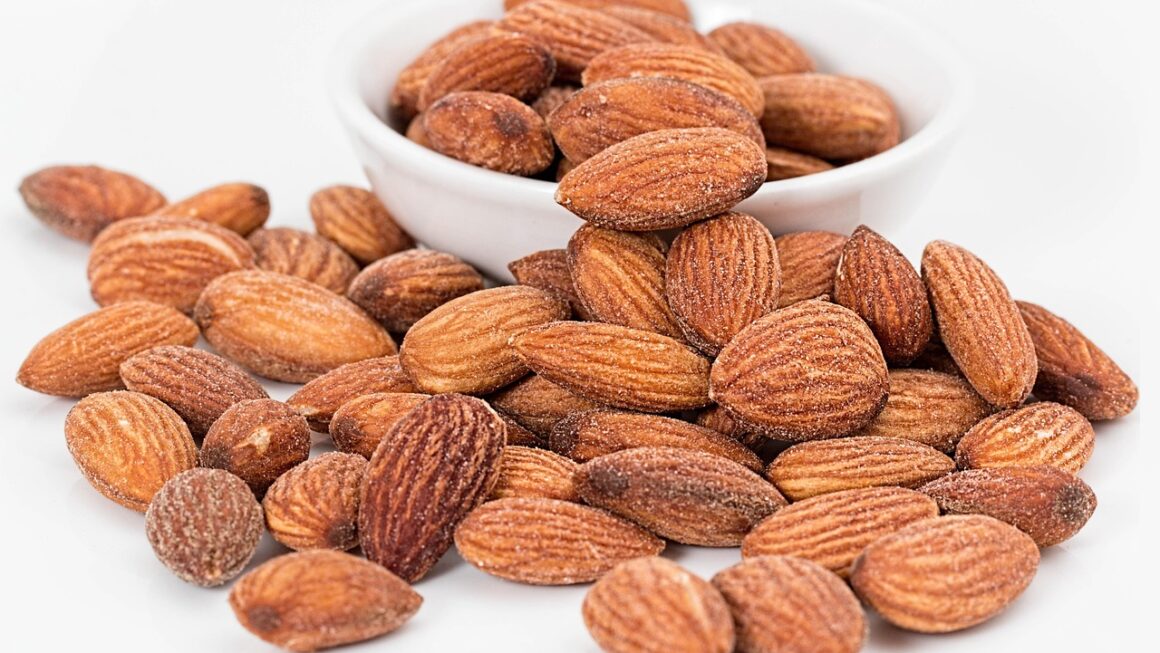Adopting a healthy lifestyle through mindful eating can significantly enhance your overall well-being. With the plethora of information available about nutrition and diets, many individuals often find themselves confused about how to approach healthy eating effectively. This guide will explore practical strategies, delicious food choices, and actionable tips to help you cultivate a nourishing diet that supports your health goals.
Understanding the Foundations of Healthy Eating
What Does Healthy Eating Mean?
Healthy eating encompasses a balanced diet rich in nutrients that promotes overall health. It includes:
- Fruits and vegetables
- Whole grains
- Lean proteins
- Healthy fats
These food groups are vital as they provide essential nutrients that your body needs to function optimally.
Benefits of a Healthy Diet
Adopting a healthy eating pattern has numerous benefits, including:
- Weight Management: Helps maintain or achieve a healthy weight.
- Reduced Risk of Chronic Diseases: Lowers the risk of heart disease, diabetes, and certain cancers.
- Improved Mood and Energy Levels: Contributes to better mental health and sustained energy.
- Enhanced Immune Function: Strengthens your body’s defenses against infections.
Practical Examples of Healthy Eating
- Start Your Day Right: Opt for a breakfast rich in protein and fiber, such as oatmeal topped with fruits and nuts.
- Mindful Snacking: Choose carrots, celery, or a handful of almonds over chips or sugary snacks.
- Dinner Decisions: Fill half your plate with vegetables, one-quarter with whole grains, and one-quarter with lean proteins.
Essential Nutrients for a Healthy Lifestyle
Key Nutritional Components
Understanding nutrient roles can help you make informed food choices:
- Proteins: Essential for muscle repair and growth; found in meat, dairy, legumes, and nuts.
- Carbohydrates: The body’s primary energy source; focus on whole grains and fruits.
- Fats: Necessary for hormone production and nutrient absorption; choose healthy sources like avocados and olive oil.
- Vitamins and Minerals: Vital for numerous bodily processes; consume a variety of colorful fruits and vegetables to ensure you’re getting enough.
Hydration and Its Importance
A key element often overlooked is hydration. Consider the following:
- Drink at least 8 cups (64 ounces) of water a day.
- Hydrating foods like cucumber, watermelon, and citrus fruits can also contribute to your daily intake.
- Limit sugary and caffeinated beverages, which can lead to dehydration.
Strategies for Meal Planning and Preparation
Creating a Balanced Meal Plan
Meal planning can streamline your healthy eating journey:
- Assess Your Needs: Determine your daily caloric and nutritional requirements.
- Design Your Menu: Incorporate a variety of food groups and flavors to keep meals exciting.
- Grocery Shopping: Create a list before heading to the store and stick to it to avoid impulse buys.
Food Preparation Tips
Efficient food preparation can save time and promote healthier choices:
- Batch cook whole grains and proteins at the beginning of the week.
- Pre-chop vegetables for quick access during busy weekdays.
- Experiment with different cooking methods such as steaming, grilling, or baking to maintain nutrient integrity.
Overcoming Challenges to Healthy Eating
Identifying Common Barriers
Many people face obstacles when trying to adopt a healthy eating lifestyle, including:
- Lack of time
- Limited cooking skills
- Budget constraints
- Social pressures
Recognizing these challenges can help you find effective solutions.
Effective Strategies to Overcome Barriers
- Time Management: Dedicate a specific time each week for meal prep.
- Learn Basic Cooking Skills: Utilize online tutorials to improve your cooking confidence.
- Shop Smart: Explore local markets for seasonal produce to reduce costs.
- Communicate Your Goals: Share your healthy eating intentions with friends and family for support.
Conclusion
Adopting a healthy lifestyle through mindful eating is about making informed choices that contribute to your physical and mental well-being. By understanding essential nutrients, overcoming common challenges, and implementing strategic meal planning, you can cultivate a diet that not only nourishes your body but also delights your taste buds. Remember, every small change adds up to a healthier you. Take the first step today and embrace the journey to a healthier lifestyle through the power of nutrition.





One thought on “Nourish to Flourish: Transform Your Life with Healthy Eating Habits”